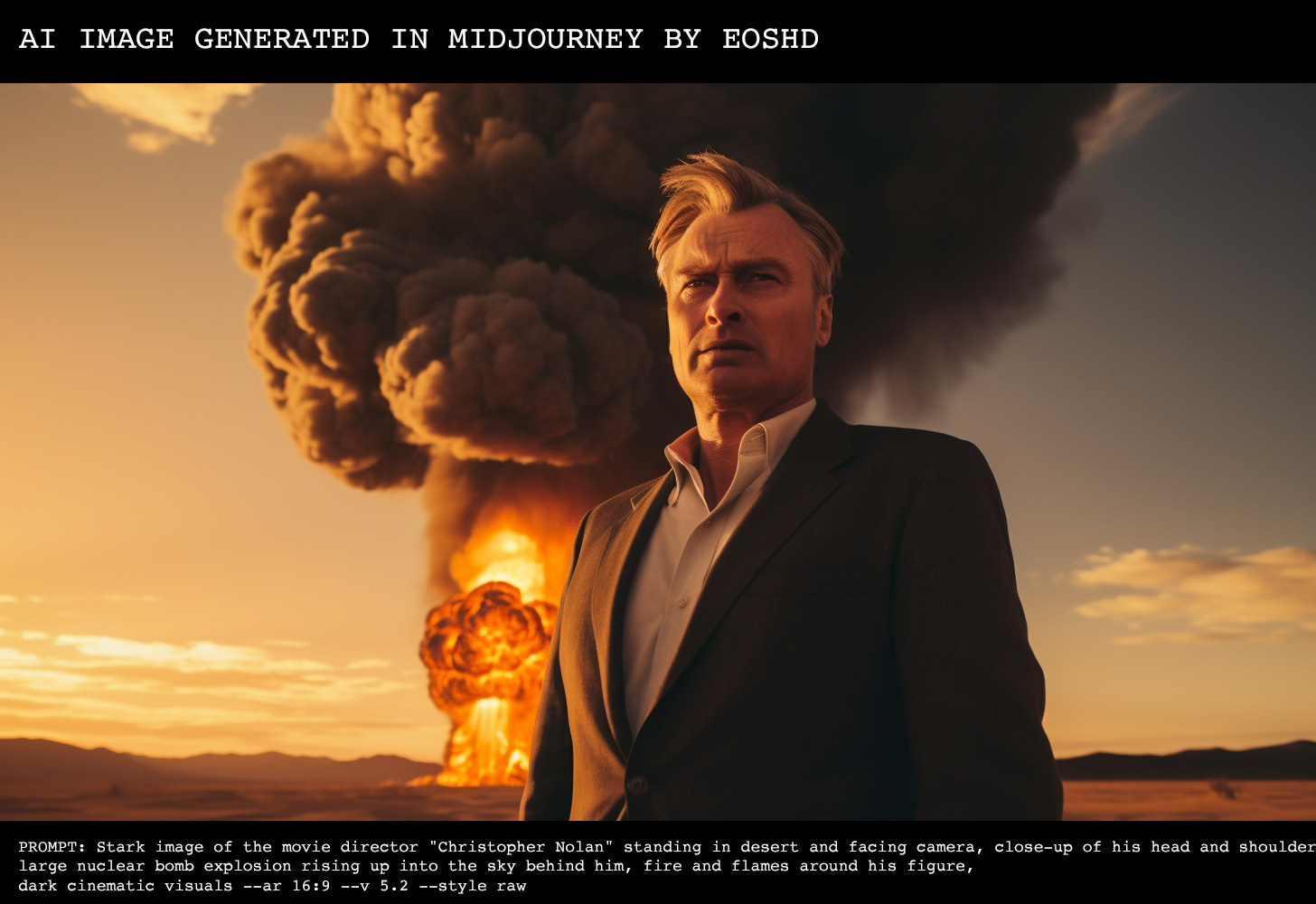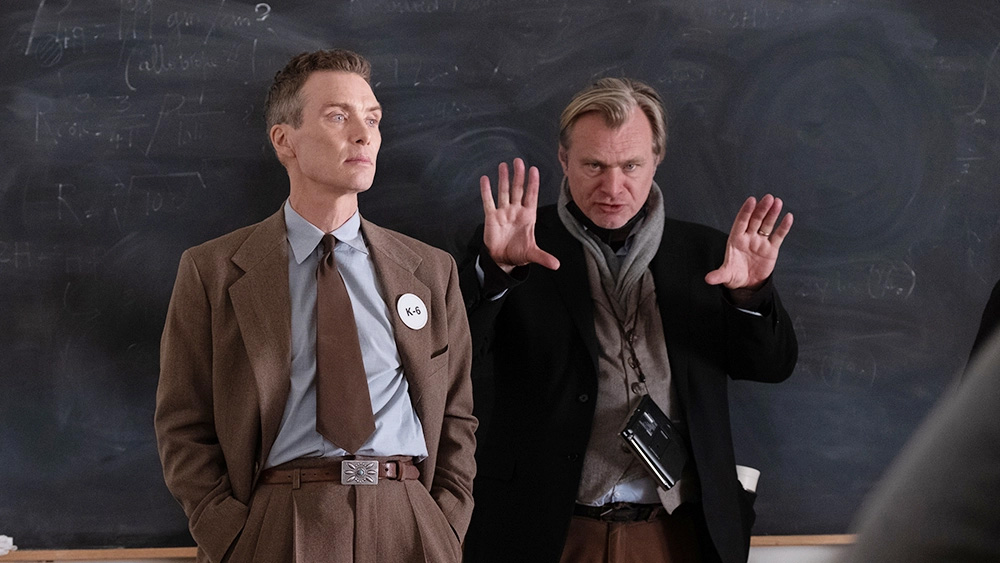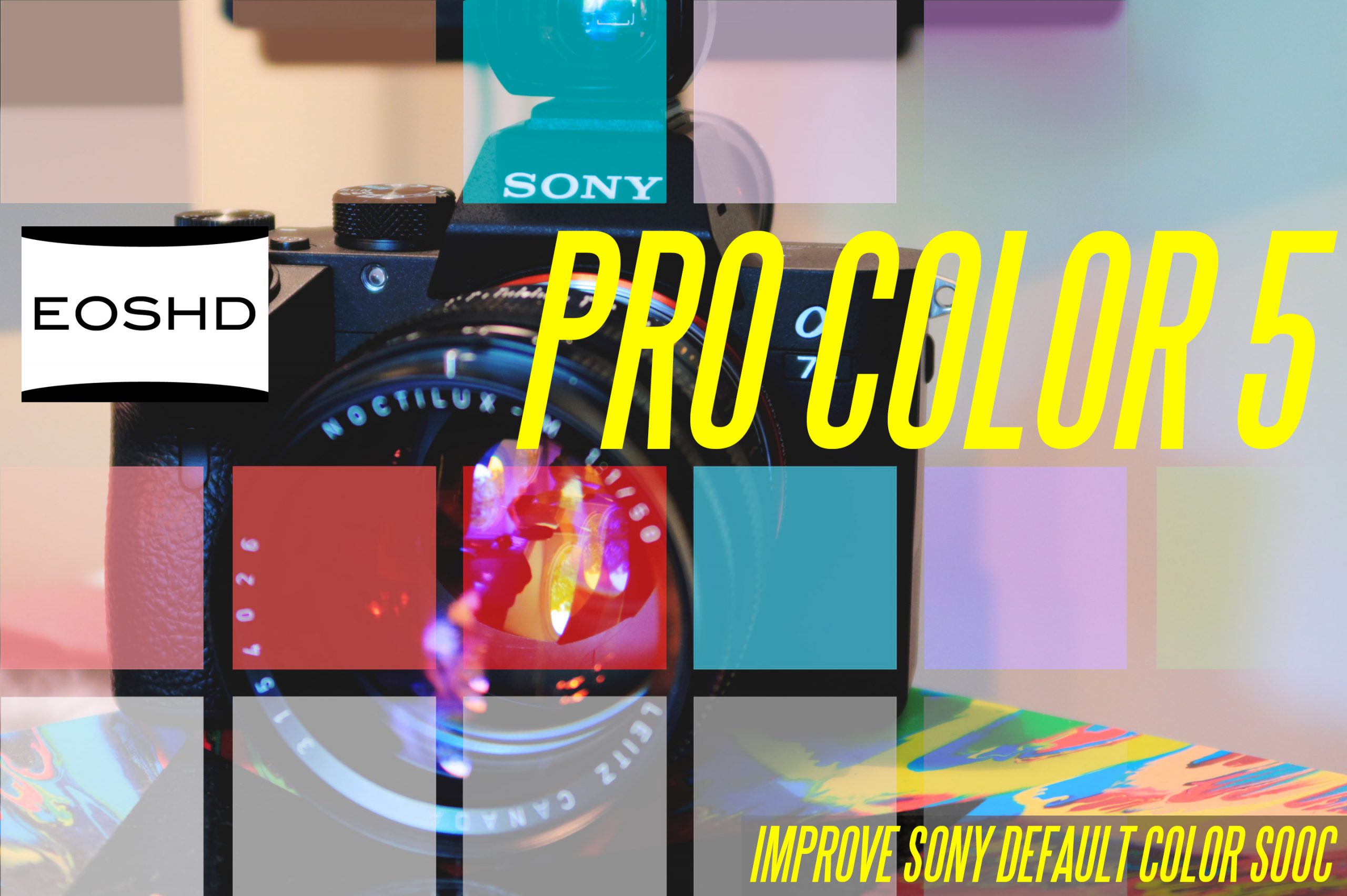As Oppenheimer opens around the world, director Christopher Nolan has been speaking to the media about his creative process. In the meantime, Hollywood is vehemently on strike to fight the twin technological threat of the streaming giants and the threat to livelihoods of AI.
Whilst not a “luddite”, Nolan admits he’s taken a very large step back from technology in his work life – no smartphone, no social media. The director doesn’t use email personally, and delivers scripts to lead actors by hand. In the process of screenwriting he uses a computer with no internet connection.
I have an opinion on that…
The fact is social media is extremely distracting.
And while the Screen Actors Guide sees technology like AI as a threat to livelihoods, I see AI as a very promising new creative tool to wrestle back attention from pointless social media and assist in the process of filmmaking.
Part of why Nolan is so effective is that he doesn’t partake in social media at all.
“I think technology and what it can provide is amazing. My personal choice is about how involved I get. It’s about the level of distraction. If I’m generating my material and writing my own scripts, being on a smartphone all day wouldn’t be very useful for me.” – Christopher Nolan
He also reveals that his computer used for scriptwriting has no internet connection, and of course no email – partly for security concerns.
But the very nature of modern technology is that it is highly distracting and chips away at your creative discipline.
There are many times I’ve considered going offline as well to work on something – but I find it impossible when it comes to EOSHD – the fact that by nature, it is an online community, and on social media – the temptation to go down an internet rabbit hole is always a single click away during a chore.
I mean, look at the state of this for example…

Or, can in fact AI be a useful creative tool, which focuses your attention on the creative process and keeps it going?
I’ve found it very useful for overcoming writer’s block for instance.
You can engage with it like a personal assistant and it keeps you focused on the job. Indeed it is in the scriptwriting process this is where I think generative AI can be most useful. It’s a natural language model. It is particularly good at writing and coming up with ideas for films, books, cinema.
I think it’s fantastic at writing the bare bones of a scene or key protagonist, which you can then embellish by hand, page by page, character by character.
When it comes to entirely AI generated photo-realistic films, I think this will remain a completely separate genre like CGI animation – people want to see real stars on screen. Can a computer be famous? Can an AI generated actor who doesn’t exist, become a celebrity?
Entirely CGI movies and animation still need big names on a cast list most of the time. Real actors doing the voices. A synthetic actor generated by computer surely won’t achieve the same level of fame as real people can. Or can it? Now I think about it, maybe the film industry should indeed be worried. Maybe it should be prepared for the fact that there might be some incredibly good photo realistic films made by one guy with AI and a PC sometime in the near future.
In today’s online world however, the human touch can be forgotten.
An analogue phone call, instead of an email. A face to face meet-up, rather than on a forum or Discord channel.
With Nolan, the face to face approach serves two ends – privacy and creativity. It goes without saying that creativity in-person is completely different to communicating remotely.
When the Oppenheimer script was ready, Nolan flew to Ireland to hand it to Cillian Murphy. This way also, it couldn’t be leaked or hacked.
“People will say, ‘Why do you work in secrecy?’ Well, it’s not secrecy, it’s privacy. It’s being able to try things, to make mistakes, to be as adventurous as possible. And to be able to sit with somebody who’s just read what you’ve written and get their take on it, see how they connect with it in a very human, face-to-face way.” – Christopher Nolan

Despite the effort required to be present in person – Nolan had his limits. Oppenheimer had an expansive cast. Many of the actors playing scientists in the movie created a WhatsApp group, dubbed “Oppenhomies” to keep in touch, and in many ways this is becoming the norm. So many film talents in 2023 actually seem to prefer to socialise only online rather than going to a bar after a day’s shoot.
I wonder how much of the creative process of the very best directors is helped by knowing when and where it’s appropriate to be online or using a smartphone, and when to shut off and make in-person effort.
I also wonder how much of the ill-feeling in the current film industry strikes is down to modern remote working practices – and the isolation that stems from it, especially for writers. The issue of money is of course seen as paramount in the strike – but the remote working and weird post-covid corporate mentality surely doesn’t help people lower down the ladder in the film industry feel very valued as human beings.
Maybe executives could take a leaf out of Nolan’s book and kick their full-on smartphone and remote working habits out of work culture?
I think that workplace banter and idle chat is all an essential cog in the machine, to combat loneliness and make even mundane work seem more enjoyable because you do it as a team.
After all, filmmaking is one of the biggest team efforts around.



